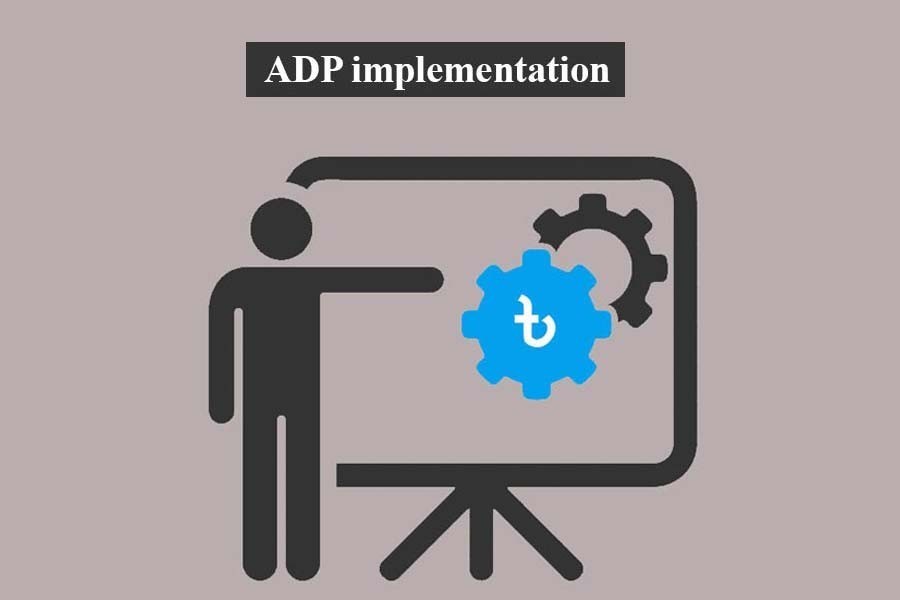The quarter-three execution figures of the Annual Development Programme (ADP) came up in the Financial Express with a comprehensive and comparative analysis over the last decade in the lead item on Friday. The report found out that over the last 10 plus years, ADP execution of the first nine months of the financial year had stayed below 50 per cent, not 75 per cent which should have been the quota as per the length of time. One interesting fact of the ADPs over the years however is that progress has picked up high speed in the last quarter showing figures of around 90 plus percentage points at the year-end, confounding ordinary sense of arithmetic. Of the ministries and departments that are involved with the execution, the health ministry, in the year of pandemic, and at the centre of so much of focus and attention, performed the worst, at a mere 21 per cent of its given task, though having the fifth largest budget. The recent news elsewhere in the media that the ministry failed to recruit urgently needed personnel allegedly because of malpractice also tells a lot about its workings. The unpreparedness of the ministry and its departments at the starting time of the pandemic exposed its frailties; and now, even after over a year, things seem to be floating rudderless there.
However, it must be mentioned that the front-line workers, doctors and nurses and other medical personnel, performed brilliantly to contain the Covid-19 pandemic. Some of them gave up their lives to set a unique example of sacrifice. The nation would not forget their dedication and courage. Nonetheless, it seems complexities and dystrophy in the physiology of the health establishment might continue for some more time to come; and although the health ministry's performance has been singled out as having pulled down the ADP's overall progress, the picture elsewhere is not much to write home about. Otherwise, figures close to 75 per cent would have come basing on the time elapsed. It seems that a total re-examination of the whole process of implementation of development plans is overdue. Such imperatives were sounded in the past also, but the bureaucratic machinery seemingly prefers its age-old inertia, rather than a robust outburst of activity and reform.
The Planning Commission has seen a recent merger of specialist planning people with generalist administrators. Only time will tell whether this decision has been a prudent one for the overall implementation process and development journey. The planning minister is reputed to be one of a handful of functionaries meaning real business. Much would be expected of him and his other colleagues to put the whole development house in order in matters of reform and work ethics, in timeliness of development projects and maintenance of quality and above-all in openness. There has been a decade-long bazaar gossip that back-dated project bills and cheques were cleared by the concerned accountants even a couple of months after the end of the financial year, a practice that might explain partly strange implementation figures of forty-plus percentage in the quarter concerned. One hopes this is hearsay. However, if true, this is highly incongruous with any parameter of good governance. While annual development projects keep the country moving forward and the economy vibrant, turning a blind eye to its ills and shortfalls ultimately robs the people of their due uplift. One cannot behave like the proverbial ostrich to weather storm by hiding its head under the sand, or pose as if the house is clean while most of the waste has been brushed under the carpet.


